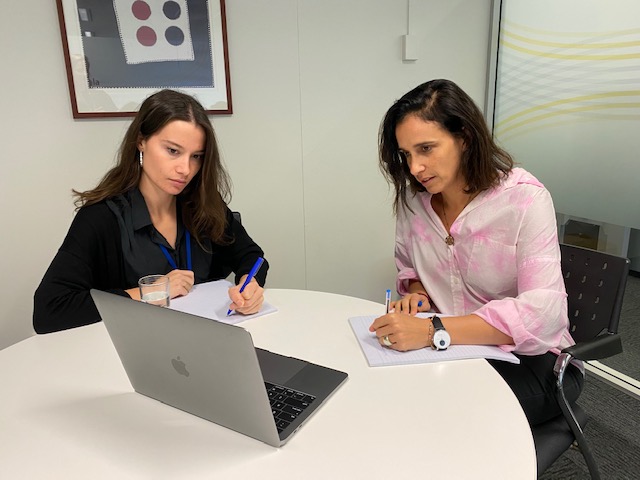
Drawing on our experience conducting remote investigations on Sri Lanka and dozens of interviews with investigators, PIAC has developed a guide which aims to provide United Nations commissions of inquiry (COIs), fact-finding missions (FFMs) and non-governmental organisations (NGOs) with detailed methodological guidance on the use of witness testimony in investigations where there is limited access to the country under investigation, and those which are conducted entirely remotely.
This guidance will contribute to the credibility and transparency of remote investigations; increase their usefulness to truth and accountability processes; and foreground the unique protection needs of witnesses in inaccessible contexts.
Premise for the guide
United Nations COIs and FFMs as well as NGOs aim to collect, verify and analyse information on situations involving violations of international human rights law and international humanitarian law (IHL). Based on their findings, they make recommendations for truth and accountability measures, reparations and further investigation.
Witness testimony is critical to the conduct of any human rights and IHL investigation. However, in recent years, over two-thirds of COIs and FFMs supported by OHCHR have been denied access to the country under investigation, or have faced significant access restrictions. As a result, these mechanisms have relied on testimony from victims and witnesses outside the country, including refugees, asylum seekers, and foreign professionals (e.g. journalists). COIs and FFMs also depend increasingly on testimony taken remotely (via video- or audio-link) when staff cannot travel to all or part of the country under investigation due to security constraints, COVID-19 restrictions and/or budgetary limitations.
Civil society groups engaged in human rights fact-finding are confronting similar issues. Like UN investigations, international NGOs are increasingly denied access to active conflict contexts. Smaller NGOs operating within the relevant country or region are often forced to work covertly, increasing their reliance on remote interviewing.
The methodological challenges posed by these emerging trends are increasingly recognised by scholars and practitioners working on truth and accountability. However, this analysis has not yet been comprehensively applied to COIs, FFMs and NGO fact-finding.
Drawing on its experience with investigation and documentation in support of OHCHR-led fact finding processes, PIAC is developing a guide for COIs, FFMs and NGOs to draw on when conducting remote investigations.
Expert advisors
PIAC has assembled a preliminary working group of global experts to advise on the development of the guide. The current expert reference group includes:
- Michael Kirby, former Chair of the UN Commission of Inquiry into Human Rights in the Democratic Republic of North Korea
- Melissa Parke, current member of the Group of Eminent Experts on Yemen
- Mike Smith, former Chair of the UN Commission of Inquiry on Human Rights in Eritrea
- John Ralston, former Executive Director of the Institute for International Criminal Investigations (IICI), former Chief Investigator for the International Tribunal for the former Yugoslavia